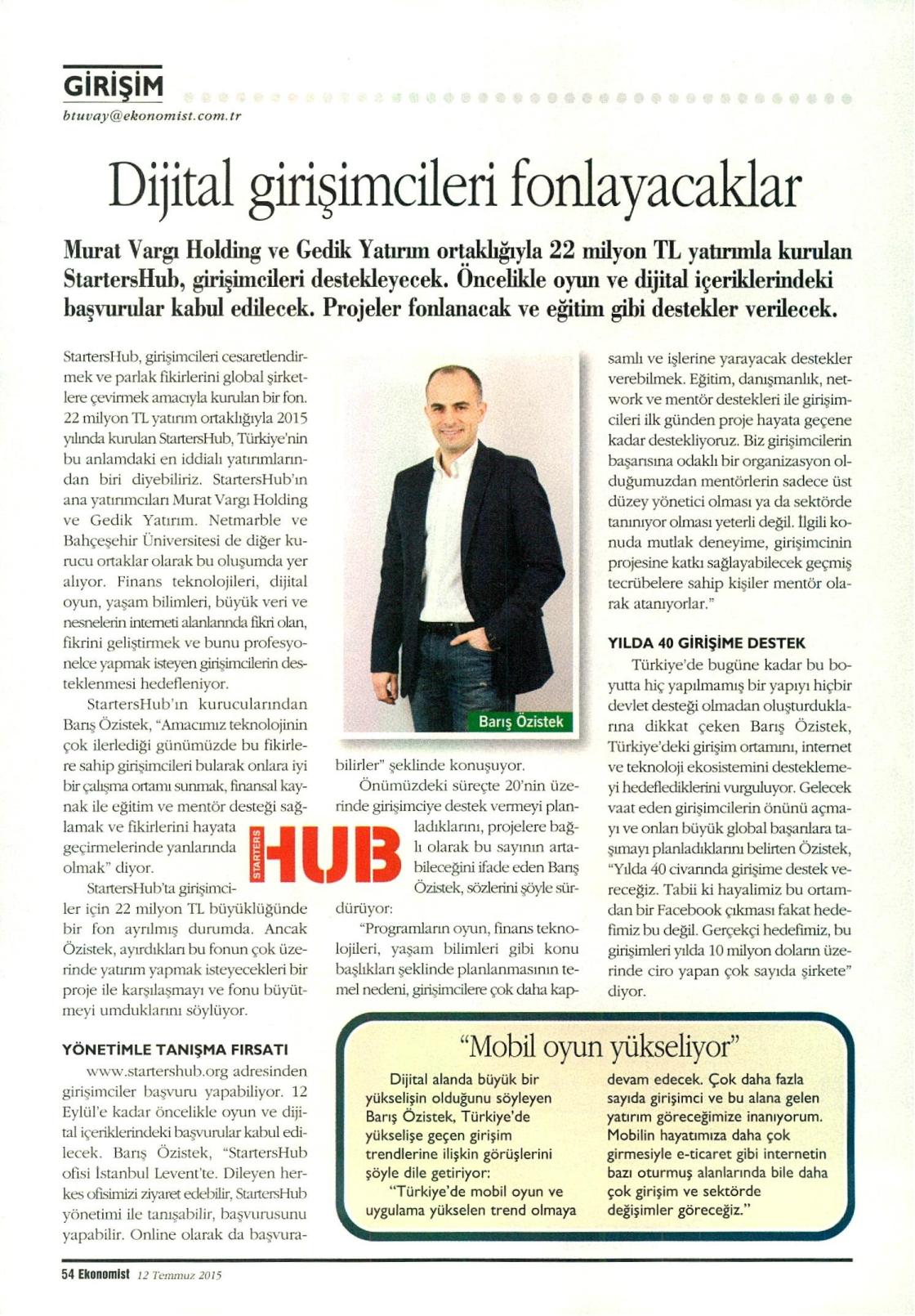We have been talking about concepts such as “Machine Learning” and “AI” for a long time; many startups have come out in this field and received investments, but it is the Facebook scandal that led to the dissemination of the topic into the whole community.
You should know that we are in dangerous waters when I choose a title such as “Ethical limits of artificial intelligence”. Unfortunately, the Cambridge Analytica – Facebook incident showed us what could happen if we went beyond the limits. It is important to understand what exactly is going on here. To summarize, Facebook was sharing only a part of the collected data with application developers. The users knew and gave consent to the fact that their data were actually being shared with Facebook and developers. What people overlooked was how this data could be used, which nobody even imagined…
When you share information such as your contact details, your photos, which posts you liked with any entity, you never consider that this data can be used to identify your political preferences or to make very accurate guesses about how religious you are. And you never notice that these guesses can be used as reference to communicate with you directly to manipulate you as a result.
For a user who is a nationalist, a politician’s profile may be presented as containing a constant stream of nationalist comments on social media, whereas for a liberal user the same politician may be presenting entirely different comments. You can interpret this in simple terms as a detailed classification and different communication for each audience, but in my opinion, finding out the weakest spot of each individual and tailoring the message accordingly means going beyond the ethical limits.
It is possible to carry out this act of targeted communication in bad faith without even the slightest concern for ethics. Unfortunately, this is not only true for politics, and it is possible in any industry to conduct marketing campaigns that depict your rivals in a bad light and convey untrue news to people who will believe in it, in a way that they will believe in it.
We are still at the starting point in terms of what can be achieved with data and artificial intelligence. Facebook only managed to make this a trending topic. Entrepreneurs and investors who did not fully realize the potential of artificial intelligence are now becoming aware of it. In the next few years, we will see AI startups quickly grow in number. Data collection methods will be diversified and the artificial intelligence that makes sense of this data will reach a point that we never even imagined.
While on the topic of ethical limits, let’s look at a concrete example to shine some light on this landscape. You are playing a puzzle game that is played by millions and you are at the 142nd level but cannot proceed any further. On your 8th attempt, you turn off your phone in rage and put the phone away. Now, you should know that an AI works behind the scenes here. After you turn off the game, does the fact that you could not proceed on your 8th attempt give you a feeling of challenge and will you go back after 2 hours for a 9th attempt, or are you more likely to delete the game without ever going back to it? If the AI can understand that you are starting to move away from the game, it will give you a much easier puzzle on your 9th attempt or a reward that will let you beat the level more easily to guarantee your happiness.
This example is a very appropriate, ethical and smart use of an AI. On the other hand, unfortunately it is also possible to utilize an AI that analyzes the profile of the player, understands what other rival games they play and badmouth these games with different messages for each player, which would be a dirty competition strategy.
Perhaps the video game industry is the last place where an AI would be used for nefarious purposes, but the public can be manipulated and influenced and unfair competition can happen in many industries from automotive to food, and it can lead to irredeemable results in areas such as politics.
You can be sure that questions such as “Where is the ethical limit, who defines this limit and is it right to leave this to developers’ common sense, if there will be regulation, who will regulate it and how?” will be on everyone’s agenda in the near future.







